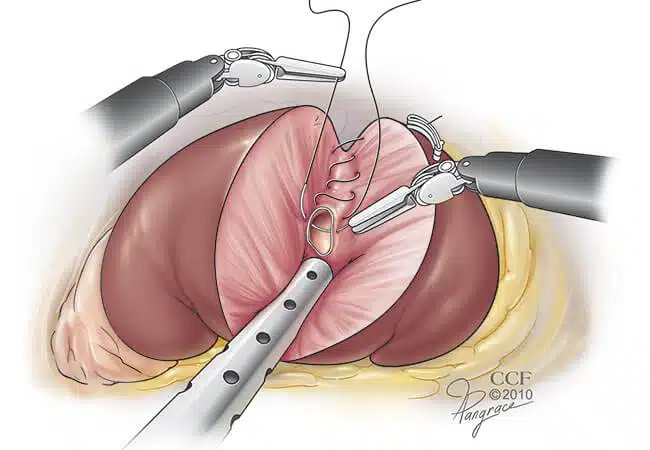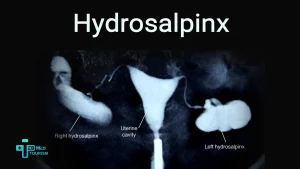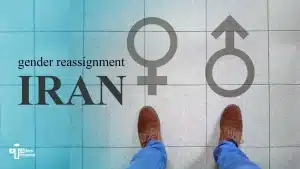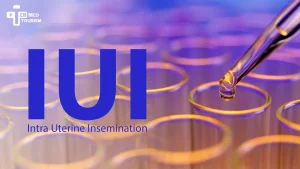A nephrectomy is a specific surgery to eliminate your kidney. The kidneys, bean-shaped organs, are located in the abdomen. They have to filter water and excess products from your plasma. Also producing definite hormones is considered one of their obligation.
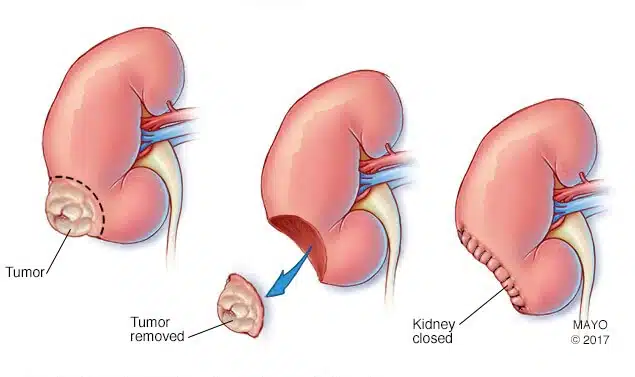
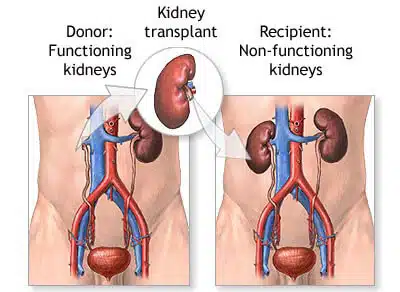
A kidney removal is requested when:
- your kidney is spoiled
- your kidney is not operative properly
- you are suffering from kidney cancer
- you’re giving your kidney
Your surgeon can remove your kidney over laparoscopically or open surgery.
What is laparoscopic nephrectomy?
Laparoscopic surgery has more benefits like:
- smaller incisions
- has a faster regaining time
Recovering time from a nephrectomy may need some weeks. It may be actual throbbing. However, attitude and success rates are highly good. As with any procedure, worries about infections after and during nephrectomy are possible.
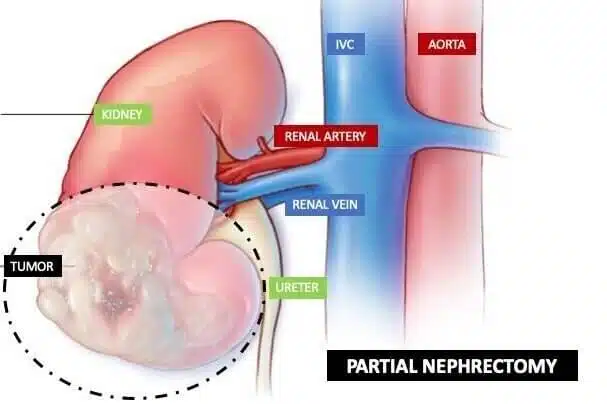
What are the causes of nephrectomy?
Removing all or a part of the kidney is a very important process, and surgeons consider it a latter solution to stabilizing your health. We can categorize the reasons of kidney removal in two sections:
Damaged kidney
Reasons for kidney removal include:
- Damage
- Scarring because of disease
- Injury
- Recurrent Infection
- Kidney Cancer or Kidney Tumor: kidney tumor is one of the rare reasons to eliminate a kidney. If a kidney tumor is minor and you recognize it early, only a portion of your kidney might need to be detached. However, your surgeon is going to take the right decision by considering the problem.
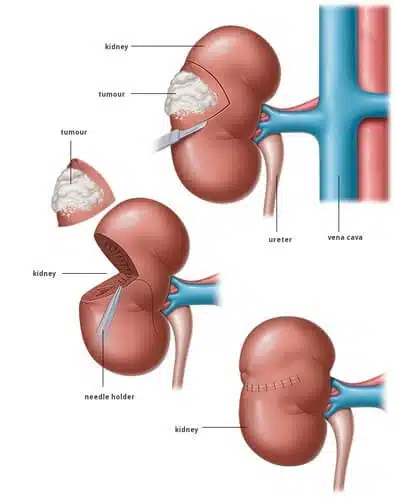
Donating a kidney
Kidney donors are ones who will donate their vigorous kidney to somebody who requests a healthy kidney. Kidney replacement is more successful with kidneys from living donor than dead donor.
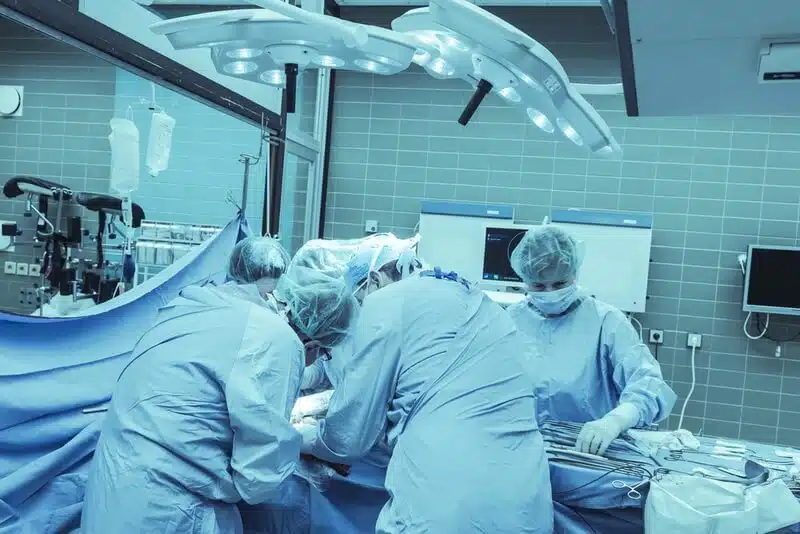
What are the probable risks or successes of nephrectomy?
Risks are associated with this surgery can include:
- loss of blood
- heart attack
- stroke
- allergic reaction to anesthesia
- allergic reaction to other medications
- a pulmonary embolism
- breathing problems
- contamination at the surgical cut site
Problems are rare. Additional risks also include:
- an injury to other organs
- an injury to other tissues nearby your kidney
- a hernia out of your surgical incision
It is common for people who took kidney surgeries, are going to suffer from kidney diseases, so you might experience difficulties with the residual kidney after surgical procedure. These problems are not associated with kidney donors.
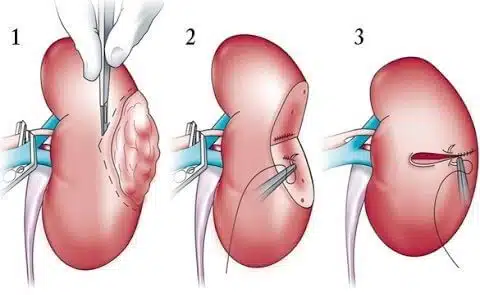
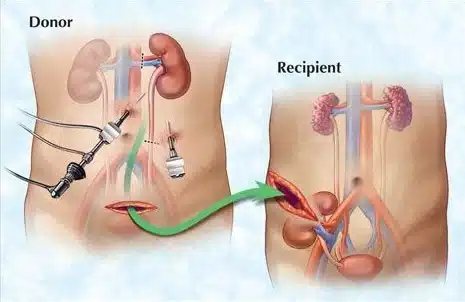
What happens afterward a nephrectomy surgery?
After surgery, it is common you’ll be set a liquid diet. As you recover from the operation, you’ll be given a solid typical diet. Mostly your doctor recommends a healthy diet for you to eat after you come back home. You are supposed to consider some useful physical activity, and even checkups to support reserve kidney removal. Common working of the body can be continued by one healthy kidney. You can be well with only a single kidney.
How long does a nephrectomy operation take?
Nephrectomy surgery takes about 2 to 2.5 hours, depending on the problem. The hospital stay is typically overnight, even for large damage.







